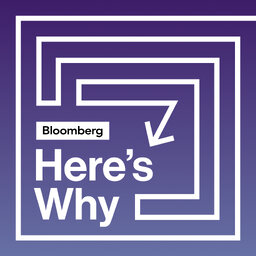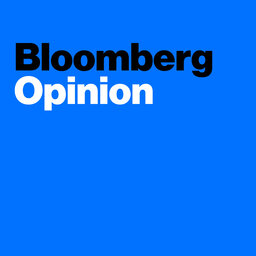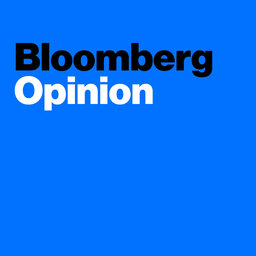Leaders Come; Leaders Go
Adrian Wooldridge joins to explore what a Liz Truss premiership might mean for markets, as she looks set to take over from Boris Johnson as Tory Party leader and British Prime Minister. Clara Ferreira Marques discusses Mikhail Gorbachev’s complicated legacy with Russia’s Vladimir Putin currently at war. One leader staying put and on message is Fed Chair Jerome Powell. We discuss his 2022 Jackson Hole message to markets with Nir Kaissar.
In 1 playlist(s)
Bloomberg Opinion
Deeper conversations on the week's most significant developments. Tune in and join in!Social links
Follow podcast
Recent clips

Introducing 'Here's Why' - Complex News Stories Explained
00:30

Airline Mergers and Restaurant Loyalty
35:20

Fossil Fuel Use and Drug Development
35:28
 Bloomberg Opinion
Bloomberg Opinion